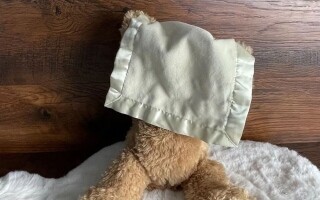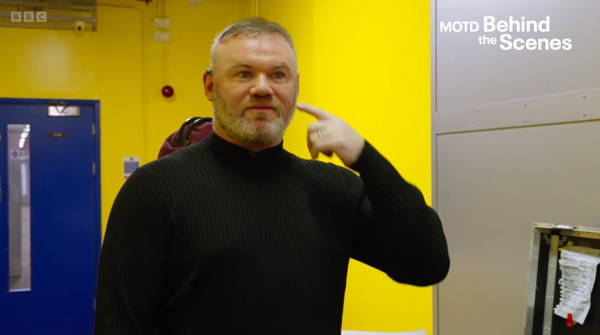
A recent study confirms that children's toys made of plush, referred to as "soft toys," pose a serious health risk due to contamination, bacteria, and a potentially greater risk of spreading infections compared to disposables. Experts assert that cleaning these items should be a priority for health and safety.
In the context of the study, a group of researchers took samples from seven different locations to study four elements: bedding, children's dolls, trash cans, and disposables. And despite the general opinion that trash bins and disposables are fully bacterial, it turned out that they were cleaner than bedding and dolls.
Specialists revealed that even elements that appear to be benign can become ideal environments for the proliferation of bacteria, fungi, and allergens. The results indicate high levels of microbiological contamination on dolls and bedding, underlining the significant risk of unnoticed microbial contamination.
Experts warn of serious dangers from such bacteria as Staphylococcus and Escherichia, particularly for children who still have immature immune systems. Dr. Single Jayg points out that the risks for children are more pronounced and that toys and bedding can become sources of danger.
According to the conducted study, a single textile toy was found to be more contaminated than one disposable item. The analyses showed high concentrations of microbes that can potentially cause serious infections in children.
The average contamination indicator for disposables was 864 units, while for trash bins, this indicator was only 294 units. Considering these results, Dr. Jayg urges parents to be more vigilant about the cleanliness of bedding and children's toys.
Experts confirmed that the collected samples were tested for biofouling (ATP), which measures the amount of adenosine triphosphate – a molecule present in living cells and around them. The results indicated that 43% of bedding and approximately 29% of dolls had indicators above 1000 units, suggesting high levels of contamination.














